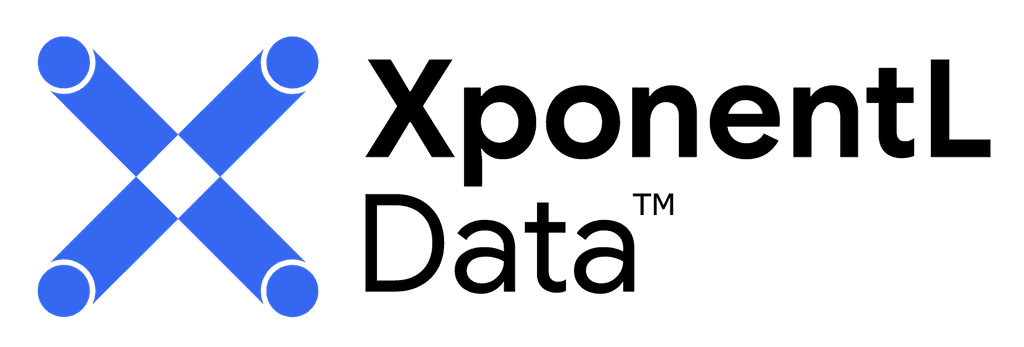Navigating Healthcare Data Progression in Academia and Industry
January 5, 2024
Allie Gaines

As a recent awardee of my PhD, I have bridged between academia and industry, working in healthcare as it undergoes its transformative era characterized by the increasing integration of data-driven technologies. As the demand for improved public health outcomes and innovative solutions grows, there is mounting interest in how healthcare data should progress cohesively across academia and industry. Each sector has its own set of advantages and drawbacks, shaping the landscape of healthcare data usage and evolution.
Balancing the pursuit of knowledge with the need for fast change and impact is crucial for steering healthcare data progression towards a more effective future. While academia fosters research and educates the next generation of experts on using real-world evidence to drive hypotheses, industry excels in rapid implementation and innovation to address real-world problems.
Academic institutions focus their resources on advancing scientific knowledge. This allows researchers to explore unconventional ideas and push the boundaries of healthcare data analytics outside of the commercial environment. Interdisciplinary teams come together to work on complex healthcare challenges and these combinations of expertise from various fields, such as medicine, computer science, and statistics, help enable holistic and innovative approaches to healthcare data analysis. Ultimately, academia allows for long-term research projects that contribute to foundational knowledge and shape the future of healthcare. However, academic research faces limitations in terms of funding and translation into application. These gaps can hinder the implementation of promising discoveries into tangible solutions that directly benefit patients and the public.
Alternatively, the healthcare industry has the capacity to swiftly implement healthcare data solutions at scale. With ample resources and a profit-driven motive, companies can invest in cutting-edge technologies and deploy them rapidly to address real-world healthcare challenges. Industry-driven healthcare data progression often contributes to the development of solutions that can be quickly integrated into healthcare systems. Industry is at the forefront of technological innovation, driving the development of state-of-the-art tools and methodologies. The continuous innovation in healthcare data analytics within industry settings can result in solutioning that is responsive to evolving healthcare needs. Access to large and diverse private datasets allows for more comprehensive analyses. This abundance of data can lead to expansive use of generative AI, personalized treatments, and a deeper understanding of healthcare trends.
There is a clear opportunity to bring aspects of academia to industry and vice versa. The ideal scenario involves a symbiotic relationship between the two, where academia contributes foundational knowledge, and industry transforms these insights into practical solutions, ultimately benefiting patients and advancing the field of healthcare. Together with the rest of the incredible XponentL team, I hope to realize these learnings as we build upon the future of data products and healthcare solutions.
